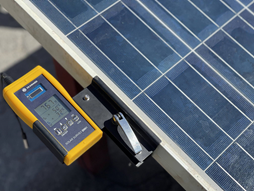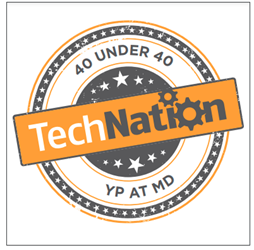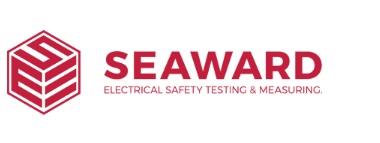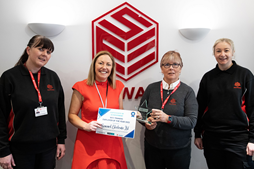International charity Lights Up Recycled PV Programme with Seaward
13-10-2023
A Caribbean charity is using advanced electrical safety test equipment to more efficiently measure the capacity of recycled photo voltaic (PV) panels it receives under a renewable energy donor partnership.
Food For The Poor is a Christian ministry that serves poor people in primarily 17 countries throughout the Caribbean and Latin America. Its operation in Haiti, which is based in Port-au-Prince, works to provide local people with much needed food, housing, healthcare, education, fresh water and emergency relief.
It also provides support and resources for a host of small-enterprises designed to help local people become more self-sufficient and improve their lives through greater access to work, education and learning resources. To support this work, the charity is acquiring hundreds of recycled PV modules to provide a reliable, off-the-grid 3 – 14kWp energy supply which powers the hundreds of fishing stations, schools, churches, orphanages, computer labs, light poles and well water pumping stations dotted across the country.
The first batch of 560 second-hand solar panels – which can still retain up to 80% of their original capacity – have been delivered from Food For The Poor’s partner organisations across the Americas, who are currently upgrading their existing PV installations with new units. These old panels are being checked for current power capacity using a portable multi-function PV210 solar tester from Seaward. This ensures the panels are comprehensively measured and safety tested before they are assigned to the projects that best suit their capacity.
Specifically, photovoltaic energy project engineer Francisco Marcano and his technical colleagues look for current vs voltage (I-V) curve tracers that can record irradiance and temperature. This allows measurements to be converted to STC, providing an accurate comparison against the module’s original specification. Using simple push button operation, the PV210 can also carry out all the electrical tests required by IEC 62446, including maximum power point voltage, current and power, and insulation resistance.
The Food For The Poor Haiti’s kit also includes the SolarCert PV reporting software to record and store data from each checked panel. Once stored, Francisco Marcano can quickly search through the data, view and print records as part of an effective test regime and asset management programme.
The charity’s investment in renewable energy technology comes because only a third of Haiti’s population has access to the national power grid, which primarily covers the capital Port-au-Prince. However, this is only available eight hours a day with the power rotating between different sectors of the city on a daily basis.
Fuel prices and the high cost of logistics supplies also prohibit investment in diesel power gensets for the majority of people, said Francisco Marcano, who added that there are plans to start to use the PV210 tester to carry out safety and performance checks on existing PV infrastructure.
He said: “I have been working in solar photovoltaic installations for over 12 years, and the Seaward tester is the best one I have used so far. We are very pleased with the performance of the equipment, which allows us to check the condition of each panel in less than a minute, improving our logistics, transportation and installation operations.”The Seaward PV210 forms part of a comprehensive range of Seaward solar PV testing equipment.




